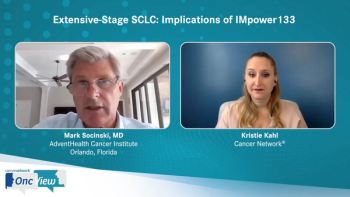
Practical implications of the IMpower133 study for providers and patients.

Your AI-Trained Oncology Knowledge Connection!


Practical implications of the IMpower133 study for providers and patients.
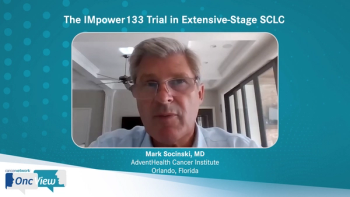
Dr Mark Socinski reviews the IMpower133 trial of first-line chemotherapy plus atezolizumab in extensive-stage small cell lung cancer.
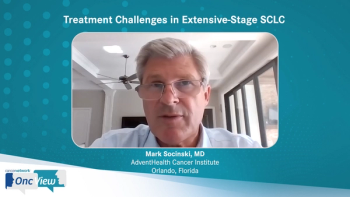
A review of current options for management of SCLC and the challenges of treating this population.
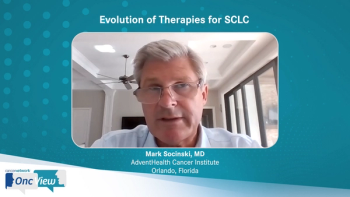
Mark Socinski, MD, of AdventHealth Cancer Institute discusses his approach to treating small cell lung cancer and reacts to advances in the treatment of extensive-stage disease.
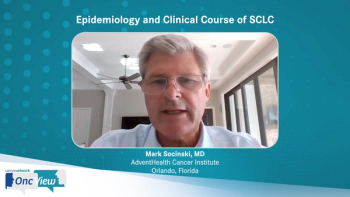
An overview of the prevalence and prognosis of small cell lung cancer.

The Cancer Genome Atlas provides us with our first thorough insight into the genetic heterogeneity of squamous cell carcinoma of the lung; whether these findings will translate into personalized squamous cell lung cancer therapy is yet to be determined.

In 2004, Dr. Thomas Lynch[1] and others[2] first reported the presence of somatic mutations in the epidermal growth factor receptor (EGFR) gene in patients who exhibited great sensitivity to EGFR tyrosine kinase inhibitors (TKIs).

The first issue deserving comment is the heterogeneity of stage III disease. Stage IIIA N2 non–small-cell lung cancer (NSCLC) includes patients with at least one “incidental” N2 node detected at the time of surgical resection in patients who had a negative mediastinal evaluation (including mediastinoscopy) preoperatively. It also includes patients whose initial computed tomography (CT) and positron-emission tomography (PET) scans show multiple bulky (> 2 cm) nodes that are confirmed by either mediastinoscopy or endobronchial ultrasound-guided bronchoscopy.

Lung cancer remains the leading cause of cancer-related mortality in the United States. The predominant histologic type of lung cancer is Non-Small-Cell lung cancer (NSCLC). Approximately 30% of newly diagnosed patients with NSCLC present with stages I-IIIA disease.

We applaud Dr. Cappuzzo andcolleagues for an excellentreview of an emerging fieldin lung cancer treatment. Since 2000,three drugs (docetaxel [Taxotere],pemetrexed [Alimta], and erlotinib[Tarceva]) have been approved by theUS Food and Drug Administration(FDA) for second-line therapy in non–small-cell lung cancer (NSCLC) basedon the results of phase III trials (seeTable 1).[1-4] It is also possible thatsimilar approval will be sought for otherdrugs (eg, topotecan [Hycamtin]),[5]and gefitinib (Iressa) remains an optionfor treatment in the third-line setting.

This multicenter study enrolled 73 patients with locally advanced or metastatic non–small-cell lung cancer (NSCLC). The study design was based on the hypothesis that the non-overlapping toxicities of a 3-drug

Published: May 20th 2021 | Updated:
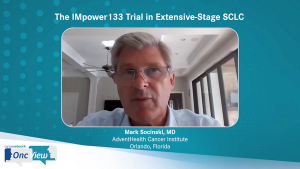
Published: May 20th 2021 | Updated:

Published: March 22nd 2010 | Updated:

Published: May 1st 2007 | Updated:

Published: June 14th 2011 | Updated:

Published: September 16th 2013 | Updated: